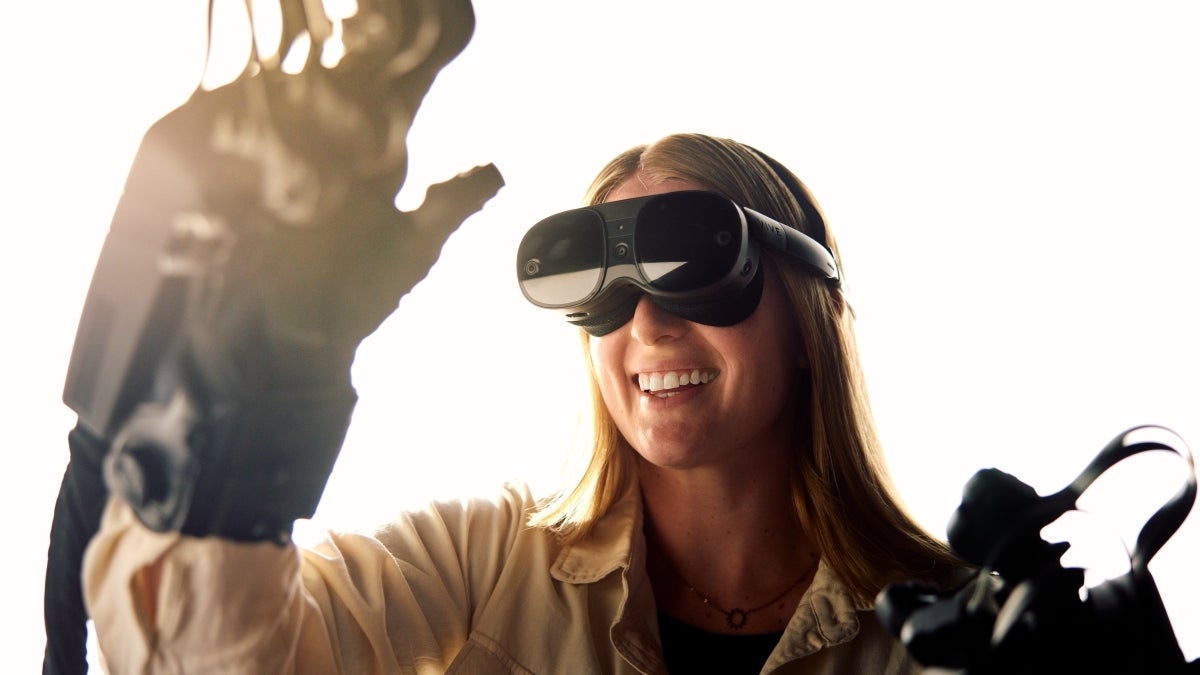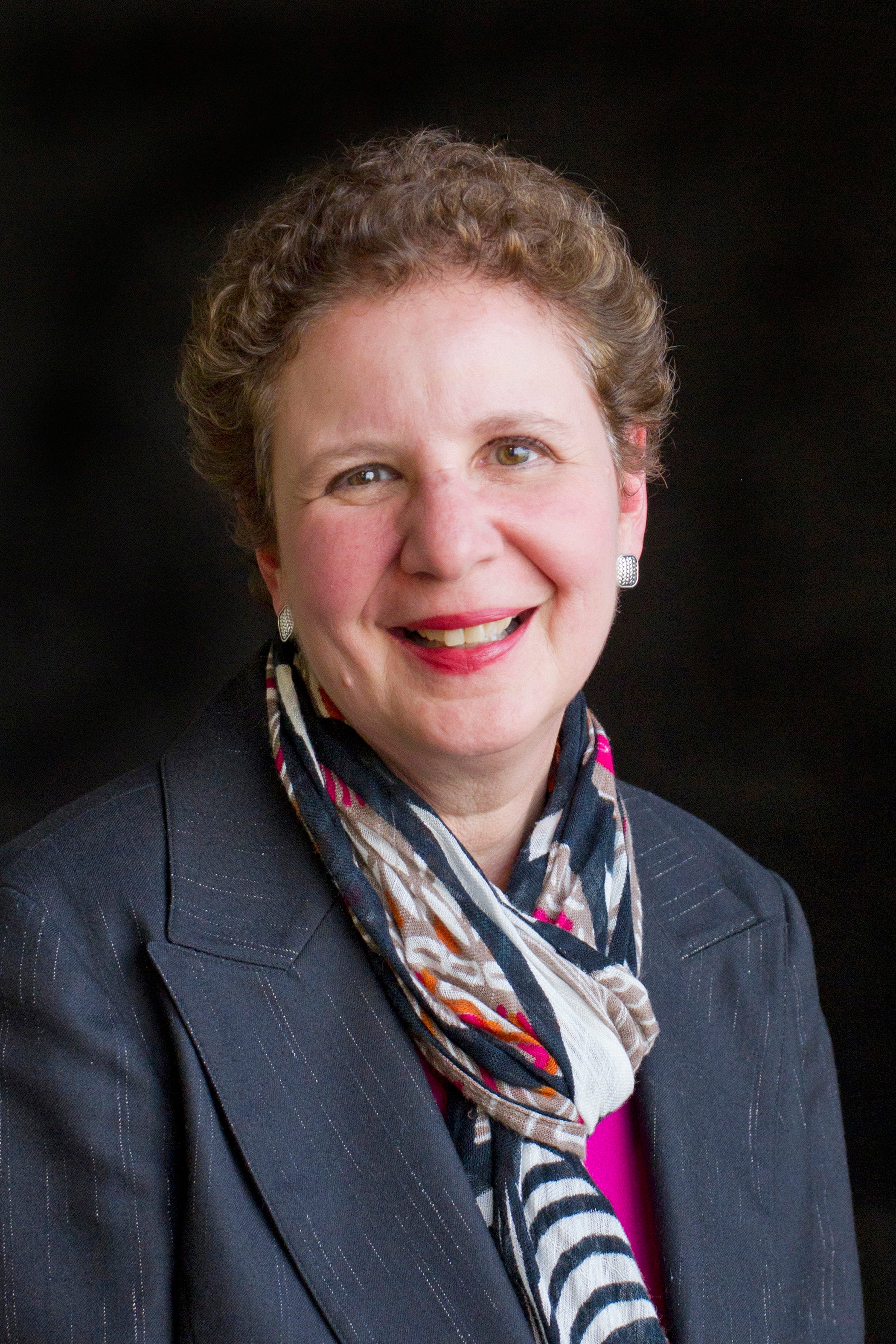Carole Basile, the new dean of the Mary Lou Fulton Teachers College, used to work for oil giant Amoco at a Houston refinery.
The link between those two jobs is a curious one.
In her off hours in Houston, Basile turned her birdwatching hobby into teaching kids at nature centers. Then her two worlds bumped into each other, but not in the way one might think.
Basile was training Amoco supervisors and engineers in team building, communication and problem-solving skills.
“I said, ‘You know we need to be doing this with kids at a much younger age’,” she said. “How do you take young kids and instill in them the confidence and high expectations to solve problems and communicate well and be leaders?”
A doctorate from the University of Houston followed, and Basile stepped into a succession of roles in teacher education at the University of Houston, the University of Colorado Denver and, most recently, as dean and professor at the University of Missouri St. Louis’ College of Education.
There she and the faculty were redesigning teacher education, leadership and other elements of preparing educators for different roles — the systems and structures and cultures around what goes into education. She saw at ASU an opportunity to elevate and expand those ideas.
“It was about finding a place that is a bigger dance floor,” Basile said, “how to take those ideas to scale.”
Carole Basile
Colleges of education generally are built around practitioners, scholars and innovators and are always trying to raise the level of all three. Basile, who starts on Aug. 2, said part of ASU’s appeal was an institution with strength in all three.
“You want to move away from projects and activities and programs and look at how the strength of those three groups, the collective wisdom, can help change what’s happening in education,” she said. “How do we build new models for practitioners? How is scholarship changing the models and systems and structures? It takes a page out of engineering [in that way].”
Basile is the daughter of an entrepreneur who started his own surgical supply company in Pennsylvania, and she described herself as a “boundary-spanner,” having worked in private sector industries such as an architectural firm and a car rental company before her career in higher education. She focuses on what is relational, how she can get to know people, their strengths, the way to get the most out of them.
That style likely will serve her well at a time when education endures extraordinary external pressures, not the least of which are financial and political. Basile said the key is to identify the most important pieces in all those discussions and debates, separating noise from reality.
“Ultimately what you’re trying to do is change the system, change perceptions,” she said. “You’ve got to bring [critics] in, and they become your advisers. There are a lot of people just talking, but there are a lot of people who are smart and could inform education. We can learn from them. We keep pushing people away, and we need to look at new ideas."
More Arts, humanities and education

ASU English department inaugurates student research initiatives
The Department of English at Arizona State University has launched a cluster of initiatives aimed at bolstering student research and professional experiences.First, English’s internship and career…

Hidden histories: Who is Claudette Colvin?
History remembers the bold.Alexander the Great, Marie Curie and Neil Armstrong are all remembered for their audacity, discoveries and exploration. But sometimes, a figure slips through the cracks.…
Autism diagnosis leads ASU professor to write book about neurodiversity and literature
Bradley Irish always knew his mind worked differently.But it wasn’t until two years ago that Irish, an associate professor in Arizona State University’s Department of English, discovered why.He was…

